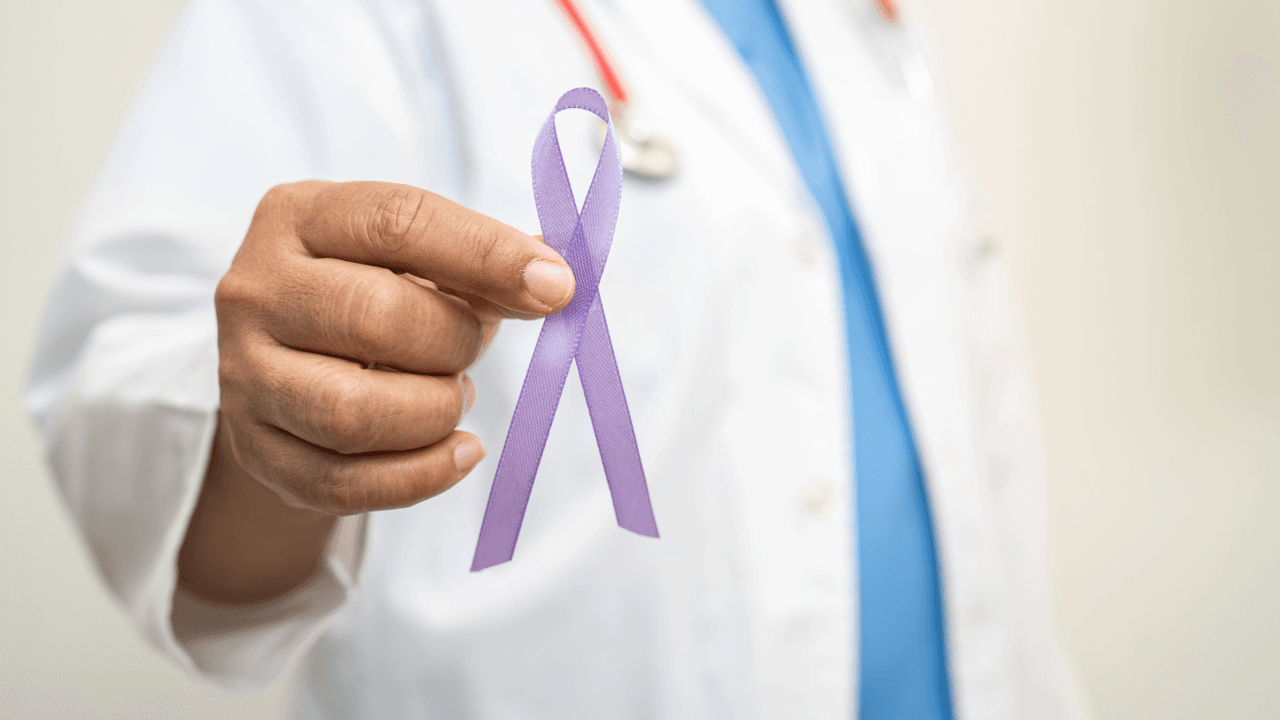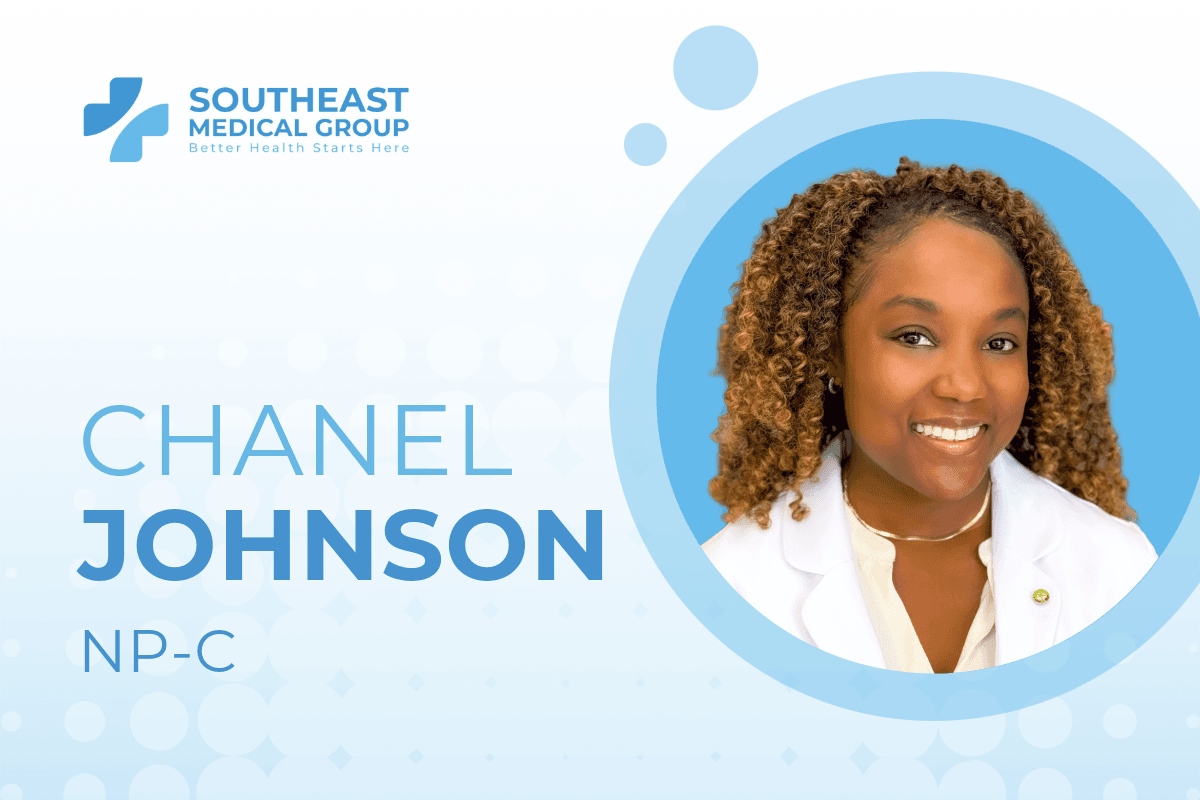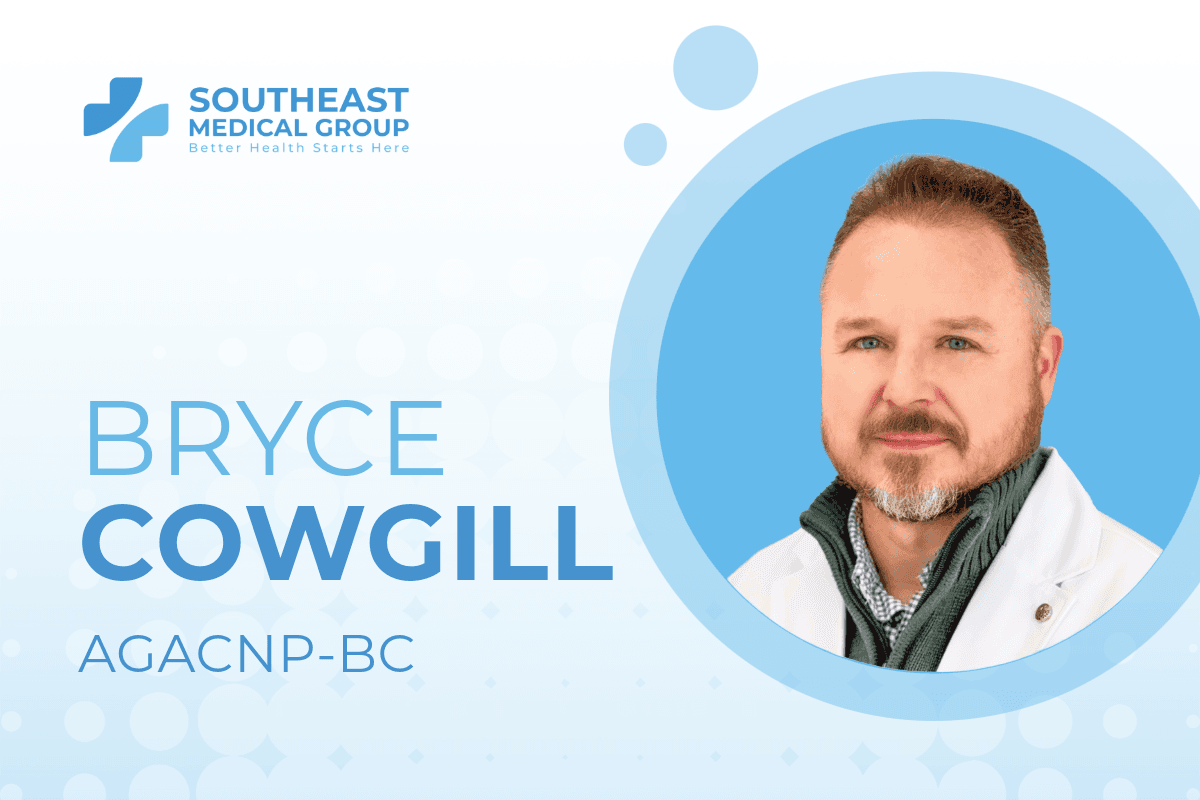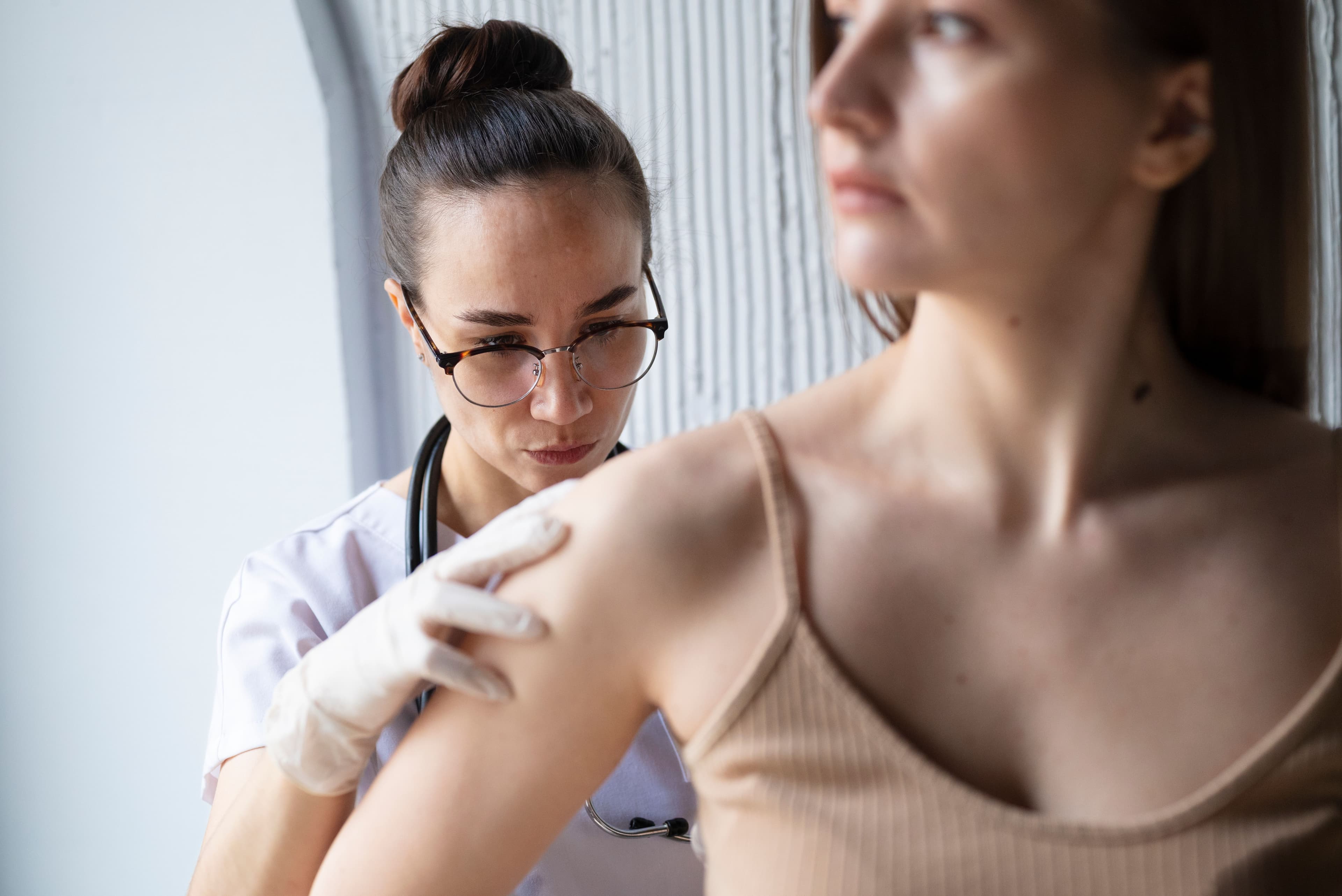Pancreatic Cancer Awareness Day: Join Us in Raising Hope for a Cure

Pancreatic Cancer Awareness Day: Unite with Us to Spread Hope for a Cure
Today is Pancreatic Cancer Awareness Day! At Southeast Medical Group, we're passionately committed to raising awareness about pancreatic cancer—a disease that profoundly affects thousands of families each year. Join us in our mission to educate, support, and inspire action toward early detection and finding a cure.
Understanding Pancreatic Cancer
Pancreatic cancer is notorious for having the lowest survival rate of any major cancer. Its stealthy progression and late detection significantly hinder effective treatment. By understanding the disease, recognizing symptoms, and knowing the risk factors, we can collectively work towards earlier diagnoses and better outcomes.
What Is Pancreatic Cancer?
Pancreatic cancer begins when abnormal cells in the pancreas grow uncontrollably, forming a tumor. The pancreas, located behind the stomach, plays a crucial role in digestion and blood sugar regulation.
Types of Pancreatic Cancer
- Exocrine Tumors: The most common type, originating from the cells that produce digestive enzymes.
- Endocrine Tumors: Rare tumors arising from the hormone-producing cells.
Risk Factors to Be Aware Of
Several factors may increase the risk of developing pancreatic cancer:
- Age: Predominantly affects individuals over 60.
- Smoking: Smokers are twice as likely to develop pancreatic cancer.
- Family History: Genetic predisposition can play a significant role.
- Chronic Pancreatitis: Long-term inflammation of the pancreas.
- Obesity: Excess body weight is linked to higher risk.
- Diabetes: Particularly new-onset diabetes in older individuals.
Recognizing the Symptoms Early
Early detection is vital, yet pancreatic cancer symptoms often mimic other conditions:
- Unexplained Weight Loss
- Abdominal or Back Pain
- Jaundice: Yellowing of the skin and eyes.
- Loss of Appetite
- Digestive Problems: Nausea, vomiting, and changes in stool.
If you or a loved one experience these symptoms, consult a healthcare professional promptly.
The Importance of Early Detection
Early detection saves lives. Unfortunately, pancreatic cancer is often diagnosed at an advanced stage due to subtle symptoms. Awareness and proactive health screenings are key to catching the disease early when treatment is more effective.
Screening Methods
While there's no standard screening test, high-risk individuals should discuss the following options with their doctors:
- Imaging Tests: CT scans, MRI, and endoscopic ultrasounds.
- Blood Tests: Checking for tumor markers like CA 19-9.
- Genetic Testing: For those with a family history.
Join Our Mission to Spread Awareness
We invite you to be part of our initiative to raise awareness and hope. Here's how you can contribute:
1. Share Information on Social Media
Use the hashtag #ShareToShowSupport to spread the word about pancreatic cancer awareness. Your voice can reach countless others.
2. Educate Yourself and Your Community
Knowledge empowers. Visit detailed guide on pancreatic cancer awareness to learn more.
3. Support Research and Funding
Consider donating to organizations dedicated to pancreatic cancer research. Every contribution brings us closer to a cure.
4. Participate in Awareness Events
Join local events or virtual seminars focused on pancreatic cancer education and support.
5. Advocate for Better Healthcare Policies
Speak up for increased funding and improved policies that support cancer research and accessible screenings.
Southeast Medical Group: Your Partner in Health
At Southeast Medical Group, we're more than healthcare providers—we're your partners in wellness.
Our Comprehensive Services
- Preventive Care: Regular check-ups and screenings to maintain optimal health.
- Cancer Screenings: Early detection services for various cancers.
- Patient Education: Resources to help you make informed health decisions.
- Support Services: Access to nutritionists and counseling.
Explore all our health services designed to support you at every stage of your health journey.
Why Choose Us?
- Experienced Professionals: Our team is dedicated to providing compassionate care.
- Patient-Centered Approach: We prioritize your needs and preferences.
- State-of-the-Art Facilities: Equipped with advanced technology for accurate diagnoses.
Stories of Strength and Hope
Real-life experiences can inspire and offer comfort to those affected by pancreatic cancer.
Patient Testimonials
“Thanks to early detection and the dedicated team at Southeast Medical Group, I'm a survivor of pancreatic cancer. Never underestimate the power of awareness and timely action.” — Linda S.
Community Support and Resources
No one should face pancreatic cancer alone. We provide various resources to support patients and families.
Support Groups
Join support groups to connect with others who understand your journey. Share experiences, coping strategies, and encouragement.
Educational Workshops
Attend workshops on topics like nutrition, stress management, and treatment options. Stay informed about the latest advancements.
Staying Informed with Continuing Education
Medical research is continuously evolving. Stay updated to make informed health decisions.
Latest Research Developments
Advancements in treatments like immunotherapy and personalized medicine are offering new hope. Learn about groundbreaking studies on these platforms:
Nutrition and Lifestyle: Prevention Matters.
A healthy lifestyle can reduce the risk of pancreatic cancer.
Dietary Recommendations
- Eat a Balanced Diet: Rich in fruits, vegetables, and whole grains.
- Limit Red Meat: Reduce consumption of processed meats.
- Stay Hydrated: Adequate water intake supports overall health.
Learn more from our experts on nutrition and cancer prevention.
Lifestyle Tips
- Quit Smoking: Seek support to stop tobacco use.
- Exercise Regularly: Aim for at least 150 minutes of moderate activity weekly.
- Maintain Healthy Weight: Balance calorie intake with physical activity.
The Pancreatic Cancer Action Network's wellness programs can help you adopt healthier habits.
Advocacy: Your Voice Counts
Advocate for change by:
- Contacting Legislators: Encourage them to support cancer research funding.
- Raising Public Awareness: Host or participate in community events.
- Volunteering: Offer time to organizations dedicated to fighting pancreatic cancer.
Get Involved Today.
Your involvement makes a difference.
Donate
Support research and patient services by donating to trusted organizations.
Spread the Word
Educate others about pancreatic cancer by sharing this article and other resources.
Conclusion: Together, We Can Make a Difference
This Pancreatic Cancer Awareness Day, let's stand united against the disease with the lowest survival rate of any major cancer. Through education, early detection, and supportive communities, we can change the narrative and bring hope to countless lives.
Remember: Awareness leads to action, and action leads to change. Stay informed, stay proactive, and encourage others to do the same.
For more information or to schedule a screening, visit Southeast Medical Group.


